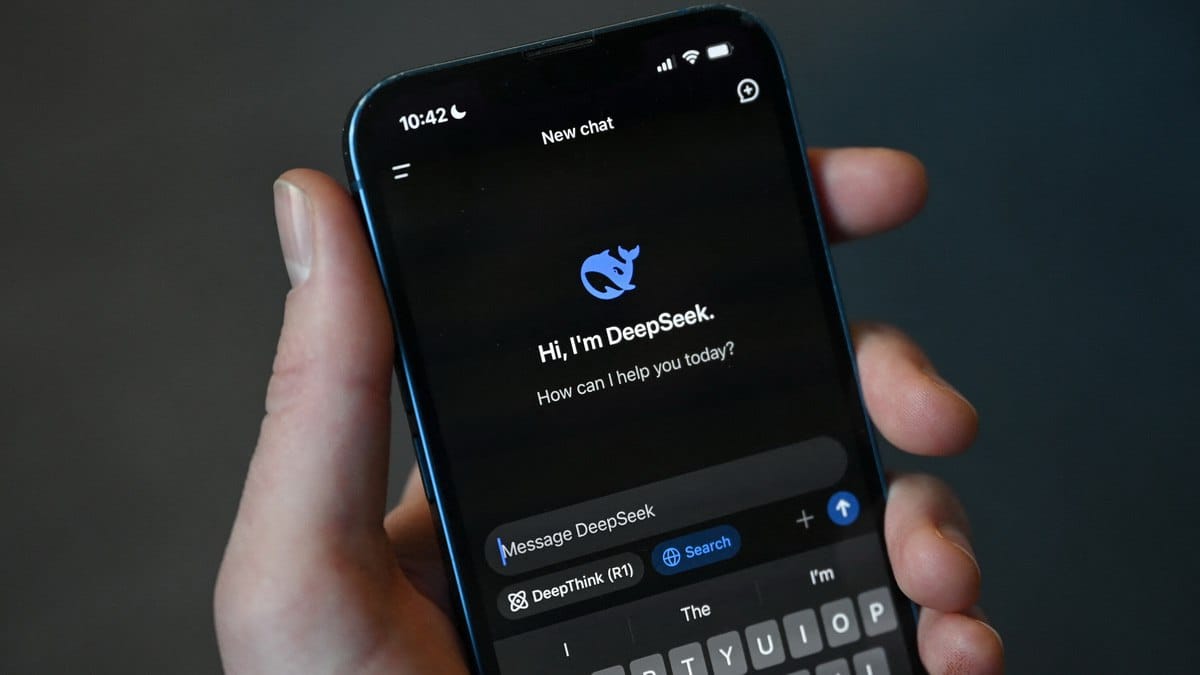German Authorities Demand Google and Apple Remove DeepSeek from App Stores

German regulators have formally ordered Google and Apple to remove the DeepSeek app from their platforms, citing serious violations of EU data protection laws. The directive was issued by Berlin’s Data Protection Commissioner, Meike Kamp, who argues that the Chinese-owned AI app fails to comply with the General Data Protection Regulation (GDPR).
Key Allegations
At the center of the controversy is Hangzhou DeepSeek Artificial Intelligence, the China-based developer of the DeepSeek app, which offers generative AI services in multiple languages—including German. Authorities claim the company is illegally processing German users' data on Chinese servers without the safeguards required under EU law.
Specific GDPR Violations:
- Illegal Data Transfers: Under Article 46(1) of the GDPR, data transferred outside the EU must be subject to protections equivalent to EU standards. According to Kamp, China’s weaker data privacy laws make this virtually impossible.
- No EU Legal Presence: DeepSeek operates without a registered legal entity in the EU, yet distributes a German-language app—bringing it under the jurisdiction of GDPR.
Regulatory Timeline and Action
- May 6, 2025: Commissioner Kamp requested that DeepSeek voluntarily delist its app from EU markets. The company declined.
- Now: Authorities have escalated the matter, invoking Article 16 of the Digital Services Act (DSA). This legal mechanism allows EU member states to compel online platforms to assess and act on potential legal violations.
The takedown demand is being enforced with support from:
- Germany’s Federal Network Agency (Bundesnetzagentur)
- Other EU regulatory partners concerned with data sovereignty and national security
Why It Matters
The move reflects increasing scrutiny of Chinese digital platforms in Europe, following similar actions against apps like TikTok, Temu, and Shein. Regulators are especially focused on:
- Where user data is stored and processed
- Whether foreign companies can comply with GDPR without an EU-based legal structure
- How data might be accessed by foreign governments under national security laws
This case could set a precedent for future enforcement against non-EU AI platforms, particularly those operating without transparency or local accountability.
What Happens Next?
Google and Apple must now decide whether to:
- Comply with the takedown order
- Appeal or delay enforcement, citing legal uncertainty or lack of jurisdiction
Meanwhile, DeepSeek’s access to European markets is in jeopardy. Without rapid compliance or structural changes, the company could face a full EU ban and potential penalties under GDPR.
Follow for updates as this regulatory battle unfolds—both for its immediate impact and its implications for the future of AI governance in Europe.




